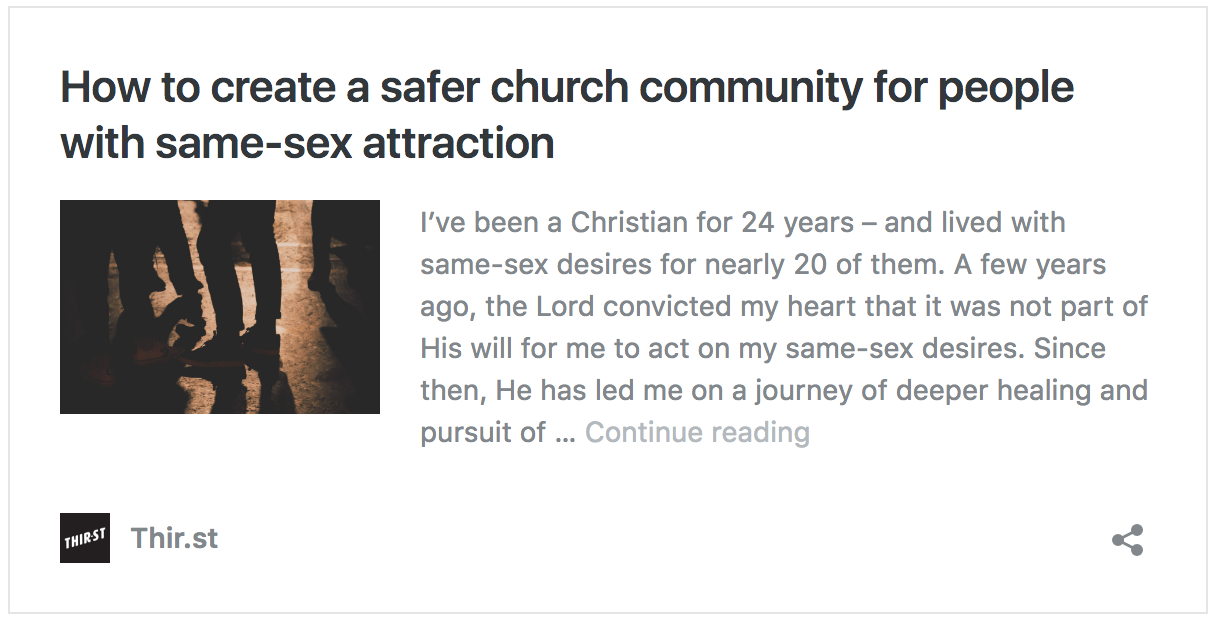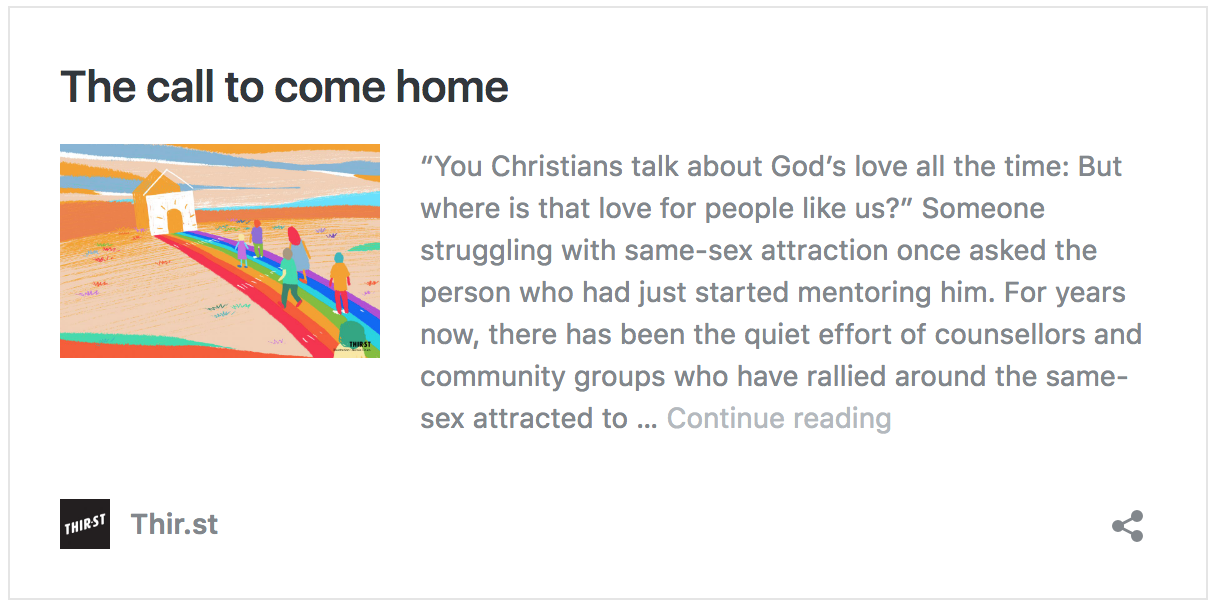This is how I feel about the ongoing public debate about Section 377A:
I feel like a student who had to study real hard for an examination, only to find that the paper had only one question. There is no model answer, and there is not one but thousands of graders – each relying on different marking criteria.
Yet on the basis of my answer to that one question, all that I am as a student is judged.
It’s just a feeling. But debates on a single public square issue can have such an effect. It’s more than just the technicality or legality of the matter under discussion, but also what is signalled in the response.
And it is not just the government, or activists, but the “silent majority” that is watching how the Church responds.
https://www.catholic.sg/pastoral-letter-archbishop-s377a/
I feel torn, placed in a forced choice situation. If I go one way, I may signal that I am standing with the marginalised, but get marginalised myself by others. If I go the other way, I may be applauded for standing by my faith, but get simultaneously branded as a bigot and a hypocrite, and alienate people from coming to know Jesus for themselves.
It doesn’t have to be so. But why am I led to feel this way?
A friend of mine once remarked that the Church has been known very much for what it stands against, but not for what it stands for. And in being unable to stand for something that is so deeply entangled with our faith, we are easily accused of being unloving – or worse, intolerant.
But I believe that our love is less demonstrated in a signature than it is in an interaction; love should be most evident in what an individual experiences when he or she steps into a church, or meets a Christian.
This raises the bar for the Church, which I think is the nub of the problem.
It isn’t so much about what we choose to preserve by the basis of our faith. It’s how we’ve been perceived to be so lacking in doing much else for the LGBT community.
These are a few of those perceptions: No acts of mercy or care. No sense of welcome in the church community. No safety for someone with same-sex attraction to come out and share about his or her struggles without feeling condemned. No one who will journey with the ones who struggle.
We say that we want to be like Jesus. He’s the guy who the tax collectors and sinners happily hung out with, but also said to the woman caught in adultery, “Go and sin no more.” But at times we look more like the Pharisees, whom He constantly chastised for placing “heavy burdens on people’s backs (i.e. expectations) without lifting a finger to help them” (Matthew 23:4).
Borrowing a phrase from Ed Shaw, we have a “plausibility problem”. Our witness for the Gospel lacks credibility. Only standing up for what we’re against is like playing only one line from an orchestral score real loud. But because the other musicians are not doing their part, the music sounds awful.
Now I should clarify that amidst the aforementioned perceptions, there has been good work on the ground.
Most churches remain committed to proclaiming Jesus as the Way, the Truth and the Life (John 14:6). We must never lose sight of that, as He is the best gift God offers to a broken, sin-sick world.
Besides that, God offers the body and bride of Christ (1 Corinthians 12:27, Revelation 19:7), the Church, and some good things are being done by her.
Only standing up for what we’re against is like playing only one line from an orchestral score real loud.
I know of people who are out there ministering to individuals with same-sex attraction in amazing and sacrificial ways. And there are others who are teaching the Church how to think through the issues Christianly and express ourselves winsomely in the public square.
And it is often in the nature of good work to stay hidden, not seeking the limelight.
There are churches too that have been actively reforming themselves to be safe and secure communities. Christians have been trying to reconcile faith with the social issues of our day, as seen in this locally produced book, “Good News for Bruised Reeds: Walking with Same-Sex Attracted Friends”.
I am also really glad for the launch of Truelove.is earlier this year. It is a platform that provides stories of Christians who experience same-sex attraction, and offers resources to equip fellow Christians to better minister to them.
Truelove.is has helped to shift the conversation in the Church. It supplements, but should not substitute, what Christians can do to better love and serve their neighbours. Of course, it will take some more years before the full benefit of Truelove.is will be reaped.
I believe more can be done. Much more. And all this can be achieved without compromising what we believe in. It’s not a win-lose situation.
In fact, I believe that if we spent the majority of our time living out the love we proclaim to have – what we stand for, the witness of the Church will look more like good news. Because the Church will look more like Jesus.
The music from the orchestra will sound more symphonic. Even at the times when we have to agree to disagree.
It calls for hard work, impossible except by the Spirit’s help.
So, after the dust from the present kerfuffle has settled, what are we going to do?
“In everything set them an example by doing what is good. In your teaching show integrity, seriousness and soundness of speech that cannot be condemned, so that those who oppose you may be ashamed because they have nothing bad to say about us.” (Titus 2:7-8)
The author’s name has been changed for confidentiality.











